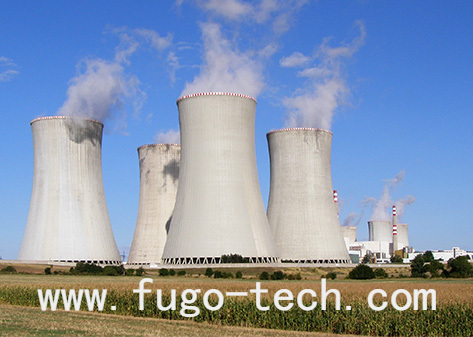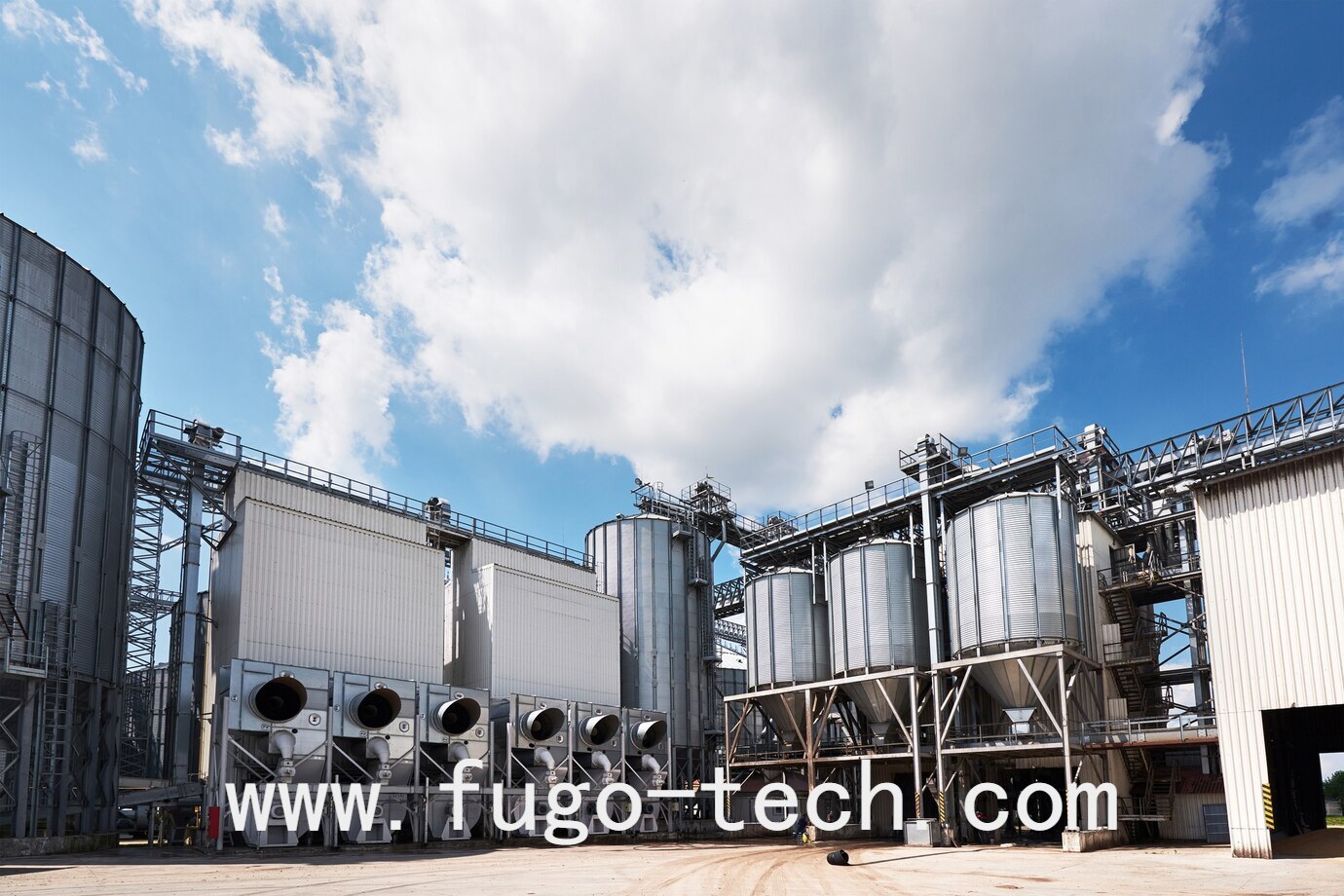[Material info] Applications of Clad Metal Plate
2024.07.29
Clad metal plates are materials with multi-layer structures that combine the advantages of different metals. They have wide applications in various fields such as chemical engineering, oil and gas, mining machinery, metallurgical electronics, energy and power, aerospace, and shipbuilding. Here are some common application areas:
Chemical
Reactors, Heat Exchangers, and Pressure Vessels: Clad metal plates have excellent corrosion resistance and can withstand harsh chemicals.
Pipeline Systems: Used to handle corrosive fluids and gases, extending the lifespan of the pipelines.
Oil and Gas Industry
Offshore and Onshore Pipelines: Provide exceptional corrosion resistance and durability, suitable for harsh environmental conditions.
Refining Equipment: Such as towers, reactors, and separators, using clad metal plates can enhance the durability and safety of the equipment.
Energy and Power
Boilers, Heat Exchangers, and Turbine Components: Clad metal plates can improve thermal efficiency, resist high temperatures, and withstand corrosion.
Key Components in Nuclear Power Plants: Require high reliability and safety, and clad metal plates meet these stringent requirements.
Shipbuilding
Hull and Other Structural Components: Enhance corrosion resistance, reduce maintenance costs, and improve the overall performance and lifespan of the ship.
Tanks and Containers for Transporting Corrosive Substances: Clad metal plates can effectively resist corrosion, ensuring safe transportation.
These application areas demonstrate the importance of clad metal plates in modern industry. Their unique material properties make them an ideal choice for solving various complex engineering problems.

